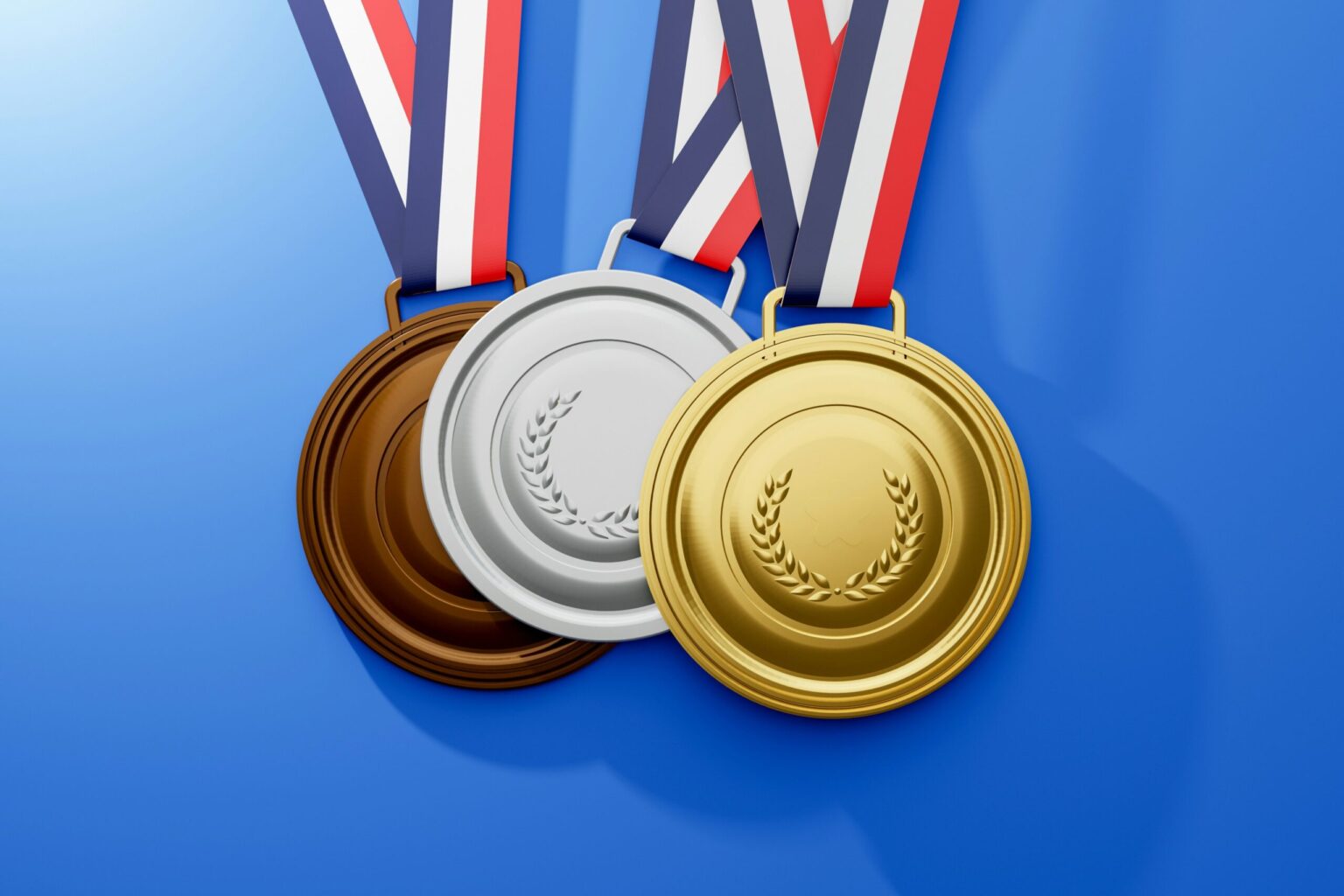IOC Announces Historic Changes to the Olympic Games Format, Set to Debut in 2028
March 11, 2025 – In a bold move to reshape the future of the Olympic Games, the International Olympic Committee (IOC) has unveiled a series of groundbreaking changes to the competition format, set to take effect at the 2028 Summer Games in Los Angeles. The reforms, which aim to make the Olympics more inclusive, adaptable, and accessible to both athletes and fans, mark the most significant overhaul of the Games in recent decades.
The new changes focus on several key areas, including the introduction of new sports, a revised competition structure, expanded gender equity, and an overhaul of the Olympic bidding process. These reforms come as the IOC seeks to modernize the Games, address concerns about sustainability, and increase global engagement with the event.
“We are entering a new era for the Olympic Games,” said IOC President Thomas Bach during the announcement. “These changes are designed to reflect the evolving landscape of global sport, to better represent the diversity of athletes, and to ensure that the Games remain relevant in an ever-changing world.”
Some of the most notable changes to the Olympic Games format include:
- Introduction of New and Emerging Sports: The 2028 Games will feature a host of new sports, including eSports, surfing, and rock climbing, which have gained significant global popularity in recent years. These sports will be added to the Olympic program alongside traditional events, offering younger audiences a chance to see their favorite athletes compete on the biggest stage. Additionally, several regional sports that were once excluded, such as cricket and karate, will now be given more opportunities for inclusion, creating a broader and more inclusive sports program.
- Revised Gender Equity Initiatives: In a historic move toward achieving full gender parity, the IOC has announced that, by 2028, all Olympic sports will feature an equal number of male and female athletes. Previously, the gender distribution was uneven across various disciplines. This change ensures that the Olympics will offer equal representation for both men and women, marking a major milestone in the IOC’s ongoing commitment to gender equality. New mixed-gender events will also be introduced, giving athletes of different genders the chance to compete together in a variety of sports, such as track and field and swimming.
- Flexible and Streamlined Competition Structure: In an effort to make the Games more adaptable and cost-effective, the IOC has introduced a more flexible competition structure. While traditional sports will continue to play a central role, there will be a reduction in the number of events that require large infrastructure projects. The aim is to reduce the environmental and financial burden on host cities, making the Olympics more sustainable for the future. The IOC also plans to streamline the qualification process for athletes, reducing the number of international competitions needed to secure a spot in the Games.
- Sustainability and Green Initiatives: The 2028 Olympics will set a new standard for sustainability, with the IOC committing to a carbon-neutral Games. This includes utilizing renewable energy, reducing waste, and ensuring that Olympic venues are built with environmentally friendly materials. In addition, the IOC has pledged to make the Games more accessible by using existing infrastructure and promoting the use of public transportation, reducing the environmental impact of travel.
- Revised Bidding Process: The IOC has also revamped the bidding process for future Olympic hosts. In an effort to increase the diversity of host cities and reduce costs, the new process will focus on selecting cities that already have the necessary infrastructure in place. This change is designed to make the Olympic bidding process more inclusive and less financially prohibitive for potential host cities, ensuring that the Games can be held in a variety of locations around the world.
While these changes have been met with excitement by many athletes, fans, and sports organizations, some have expressed concerns about the impact on traditional Olympic sports. Critics argue that the inclusion of new sports and the increased flexibility in event schedules could overshadow the Games’ time-honored events, such as gymnastics, swimming, and athletics.
Nonetheless, the IOC remains confident that the reforms will help the Olympics continue to grow and evolve, attracting new generations of fans and athletes. By incorporating new sports, increasing gender equity, and emphasizing sustainability, the 2028 Games are set to be the most inclusive and modern Olympics in history.
As the world looks ahead to Los Angeles 2028, these changes signal a new era for the Olympic Games, one that balances tradition with innovation and ensures the global sporting event remains relevant and exciting for years to come.
